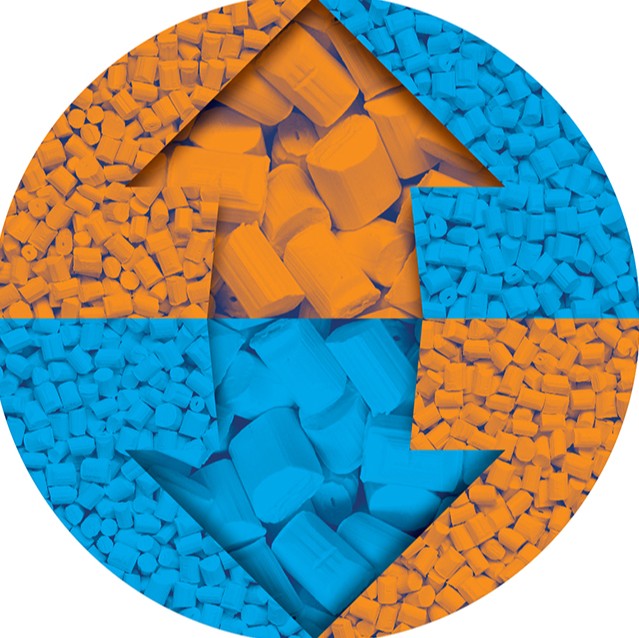Drop in European resin prices closely match fall in feedstock costs
main text
Drop in European resin prices closely match fall in feedstock costs

Standard European thermoplastic prices were under downward pressure in April and into May following a fall in feedstock costs due to lower crude oil and naphtha prices and ongoing demand weakness.
In April, polyethylene prices fell by just €15 per metric ton compared with a €55 per tonne reduction for the ethylene contract price. This month, PE prices are under pressure as buyers seek to make up for the low discounts on offer in April. PE prices were down close to the €70 per tonne fall in the ethylene contract price by mid-May with further discounts likely.
Polypropylene and polystyrene prices were down in line with the respective reductions of €55 per tonne and €58 per tonne for the cost of propylene and styrene monomer in April. This month, polypropylene and polystyrene prices are again down in line with feedstock costs; €65 per tonne for propylene and €40 per tonne for styrene monomer.
PVC prices are holding up well as feedstock costs fall and as producers are determined to improve margins. PVC prices have fallen by less than the proportionate impact of lower ethylene costs over the last two months. Base PVC prices are down by €30 per tonne compared with a reduction of €62.5 per tonne in ethylene costs.
PET prices fell by €30 per tonne in April and are expected to fall by a similar amount this month due to lower feedstock costs, weak demand and cheap imports.
Supply adequate
Supply is more than adequate to meet the low level of demand across most product sectors, despite polymer production plants continuing to operate at reduced rates and a large number of plant shutdowns for planned and unplanned maintenance. Material availability for PS, PP and PET is normal, but at a low level, while for low density PE, linear low density PE, high density PE and base PVC, supply is tight.
A summary of recent supply-related developments:
- The cracker at Repsol’s Tarragona site was shut down for about a week on May 12 due to a leak in the naphtha pipeline from a nearby refinery.
- Total PC shut down several French facilities for maintenance; the HDPE plant on April 28, the styrene plant on May 12 and polyolefins plant on April 22.
- Versalis declared force majeure on cracker products from Dunkirk, France, on April 21 due to a fire in the electrical system.
- Ineos declared force majeure for PVC from France April 17.
- Ineos declared force majeure for PVC production at Tavaux, France, on April 17 due to unforeseen technical problems.
- Vestolit restarted PVC production on April 17 at its plant in Marl, Germany after declaring force majeure on April 8 due to technical issues.
-Dow imposed an order stop on LDPE material from facilities at Leuna, Böhlen, and Schkopau plants in Germany on May 12.
Demand weak
Polymer demand has been well below what would normally be expected over the last two months due to the weak economy. The automotive and construction sectors, in particular, are ordering well below what would normally be expected. Warehouses at most converters are well stocked and in view of the low demand, converters are buying just sufficient material to cover their immediate production needs.
June outlook
In June, standard thermoplastics prices are likely to remain under pressure as feedstock costs fall. Crude oil and naphtha prices are expected to fall further following the decision by OPEC+ to increase oil production. Furthermore, the decline in the US dollar against the euro will likely add to downward pressure on petrochemical feedstock prices.
* Edit : HANDLER
